Need to spend about 12 million yen to become a Senior Member? Mileage System Revisions One after Another May Cause “Miler’s Extinction”…
JAL has already announced a review for the next fiscal year and beyond… Is there a turning point for “milers” who have become a fixture in daily life?
People called “milers” accumulate miles by flying and shopping, and convert them into award tickets and points for further travel and shopping. In recent years, there has also been a boom in “mileage training,” in which people accumulate miles and flight records by flying non-stop to enjoy the benefits of airline company membership.
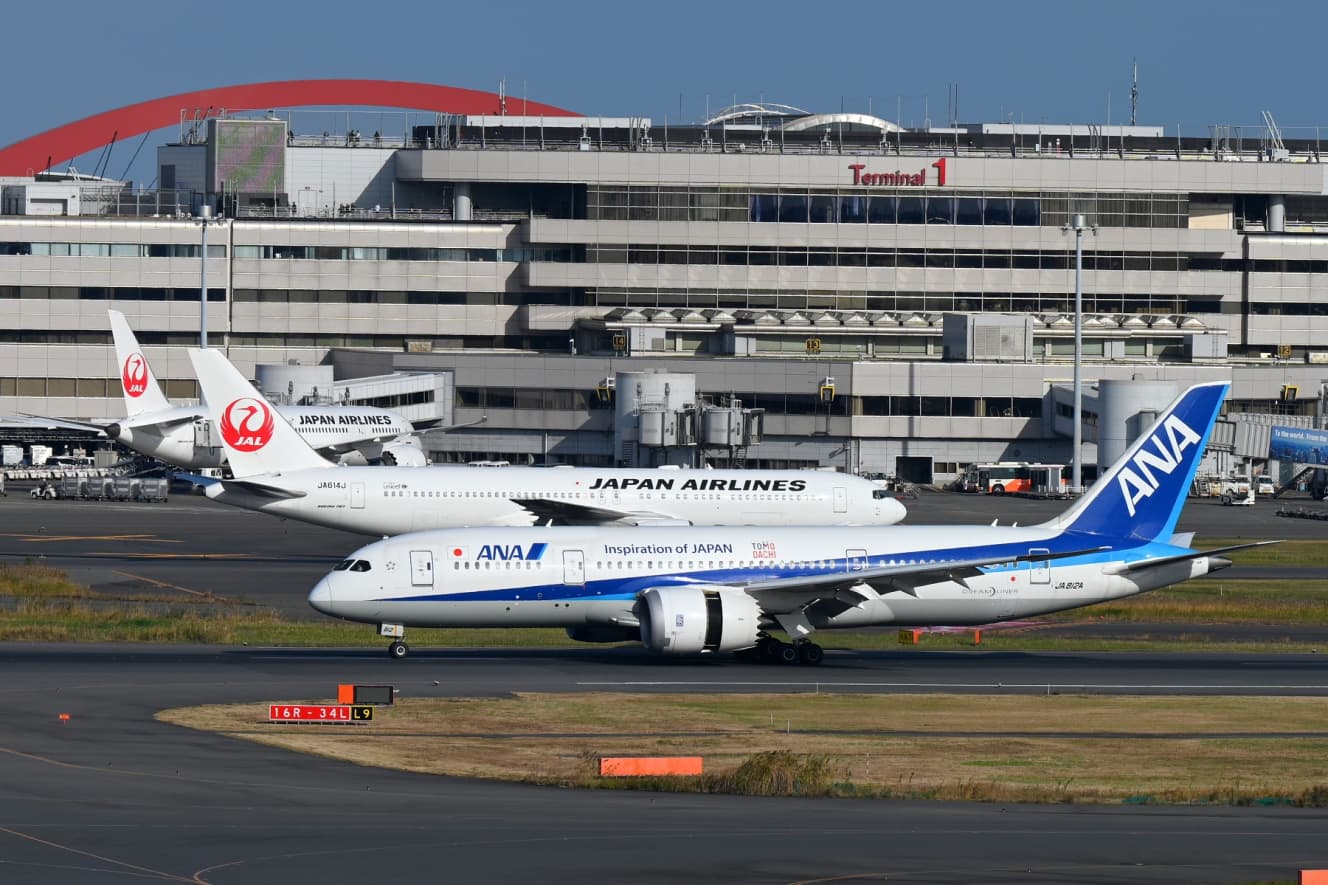
Recently, however, airlines have been changing their rules for mileage members one after another around the world. Among Japanese carriers, JAL has already announced that it will review its rules from the next fiscal year, and although ANA has not made any major moves, it has been terminating services for its senior members one after another. Each time these types of rule changes are made, they are called “reforms,” and the situation is getting tougher and tougher for frequent flyers.
Delta Air Lines has drastically revised its rules, and the contents of the “amount spent” base are as follows.
Delta Air Lines recently announced a change in the conditions for obtaining Medallion membership in its SkyMiles program, which will take effect in January 2024. The new requirements will only require Medallion membership “Dollars Required” (MQDs), instead of Miles Qualified Miles (MQMs) and Segments Qualified Segments (MQSs).
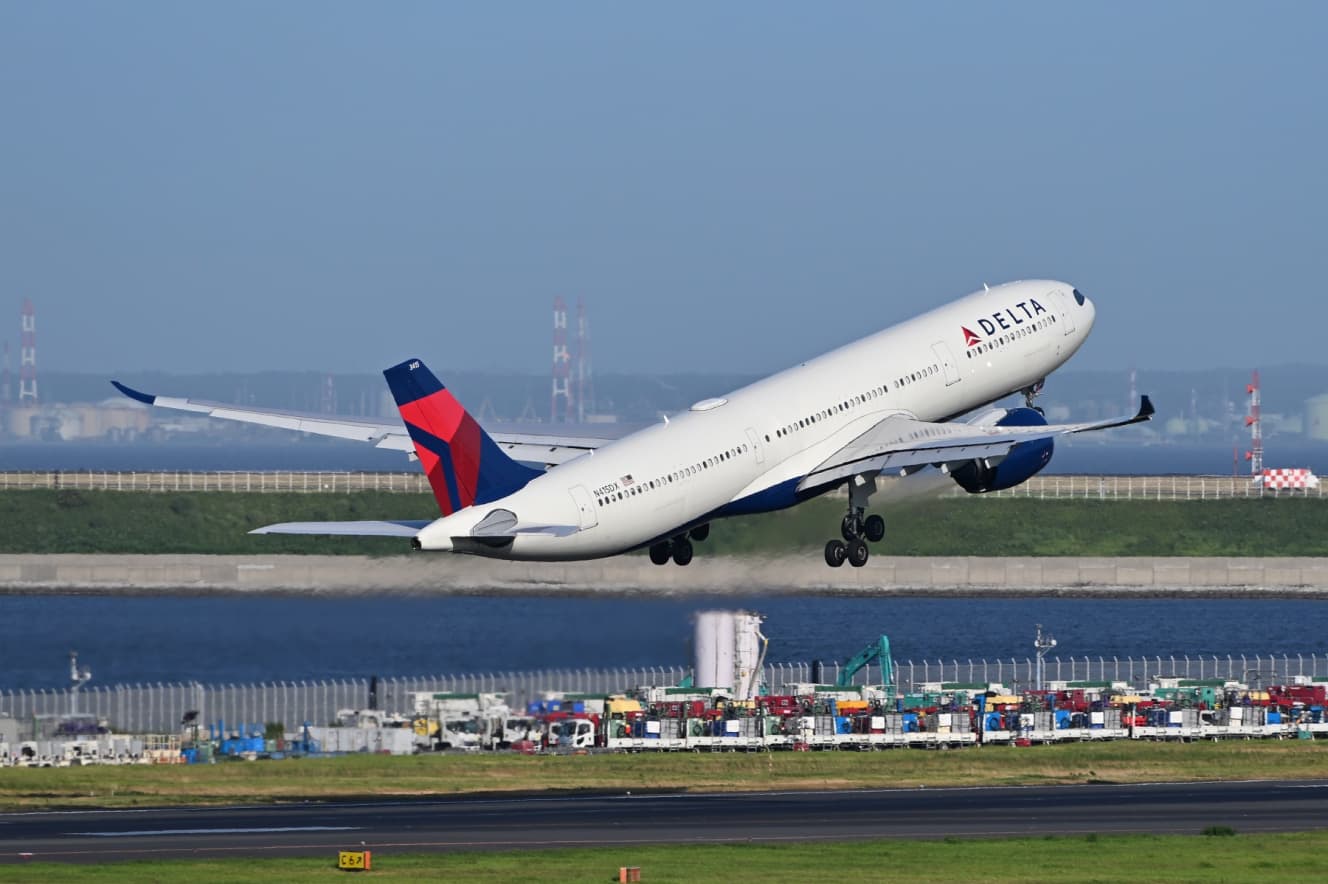
Delta Air Lines is currently offering the Delta Air Lines Membership Program, which allows members to earn 1 MQD per US dollar when purchasing tickets for Delta Air Lines flights operated by Delta Air Lines or its partner airlines. In addition, 1,000 yen = 1 MQD when using a Delta Air Lines designated co-branded credit card, and 1 USD = 1 MQD when making hotel or car rental reservations on the official website “delta.com”. The following is a conversion into Japanese yen for each rank (left: airline tickets, etc., right: shopping use only, calculated at 148 yen to the dollar)
- Silver Medallion…6,000 MQD dollars (about 900,000 yen/approx. 6 million yen)
- Gold Medallion…12,000 MQD (approximately 1.8 million yen)
- Platinum medallion … 18,000 MQD dollars (about 2.7 million yen / about 18 million yen)
- Diamond Medallion … 35,000 MQD dollars (about 5.2 million yen / about 35 million yen)
In terms of value, purchasing airline tickets and other items is by far the most advantageous. On the other hand, “Land Miler” who earns miles through daily purchases will need to spend more than 12 million yen per year on purchases to reach Gold Medallion status, which allows access to airport lounges. Realistically, however, this amount of card usage would generally be difficult. Moreover, since the amount is converted to US dollars, the hurdle may be even higher for Japanese nationals as the yen continues to depreciate.
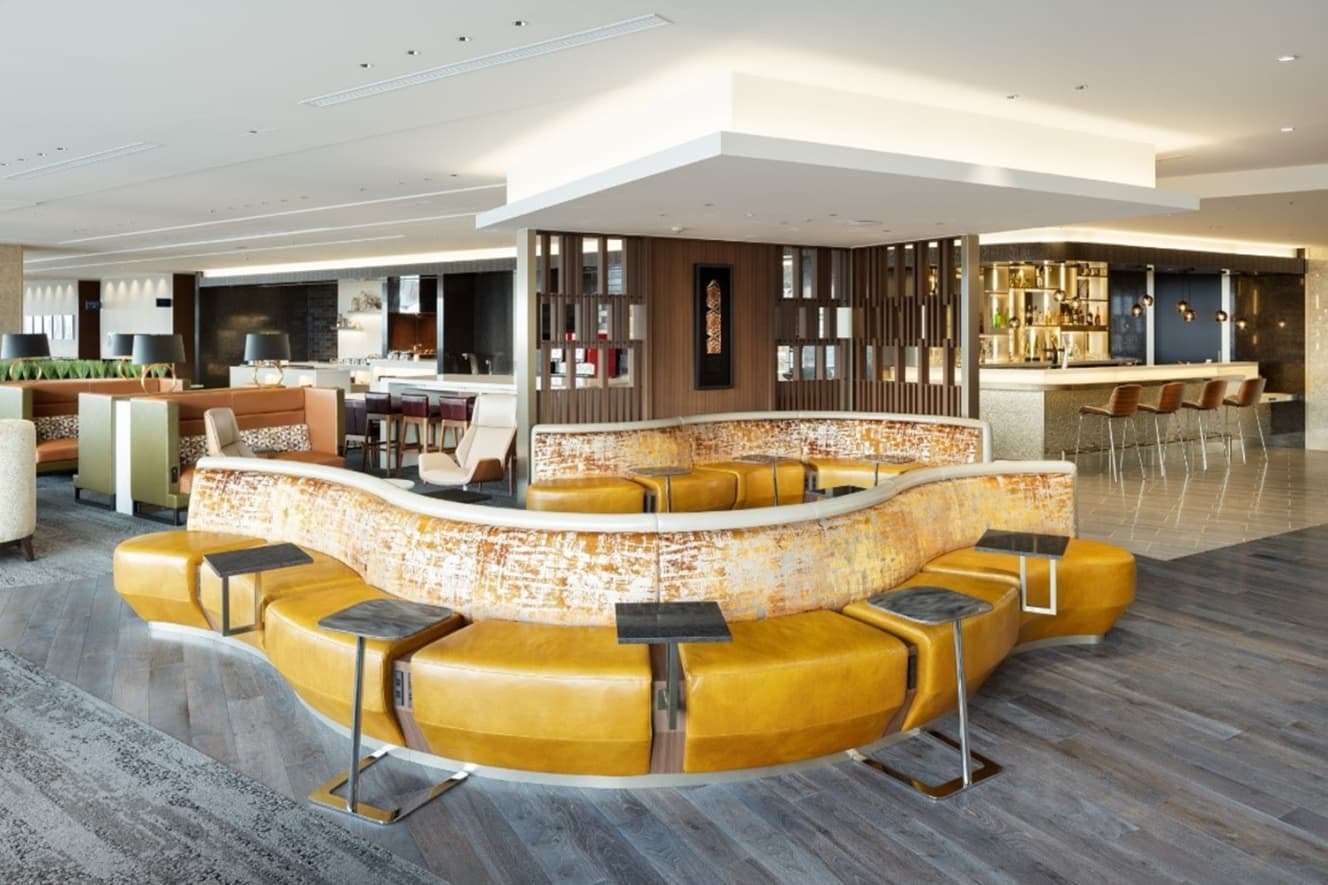
In addition to this, Delta Air Lines changed the criteria for using its lounges last February in order to solve the problem of overcrowding. Normally, Gold Medallion holders could use lounges in any class of travel, but after the revision, lounges are no longer available in lower classes such as main cabin (economy class). Incidentally, the lowest fare “Basic Economy” for domestic flights within the U.S. does not even allow accumulation of MQDs.
The change has been criticized so much that there is news that “Delta’s CEO is reviewing it”.
Delta AMEX Gold,” well known to Japan-based frequent flyers, currently allows Japan-issued cards to earn Gold Medallion status, and is not subject to this rule change. However, there is no guarantee that the rule will be suddenly changed anytime soon.
SFC (ANA) and JGC (JAL) are actually “extremely rare” worldwide.
These changes are not limited to Delta Air Lines. When Delta was the first to revise its rules, other airlines have followed suit. The impact of this change is not small, as it will be based only on “monetary value,” without regard to actual flight distance or number of flights flown.
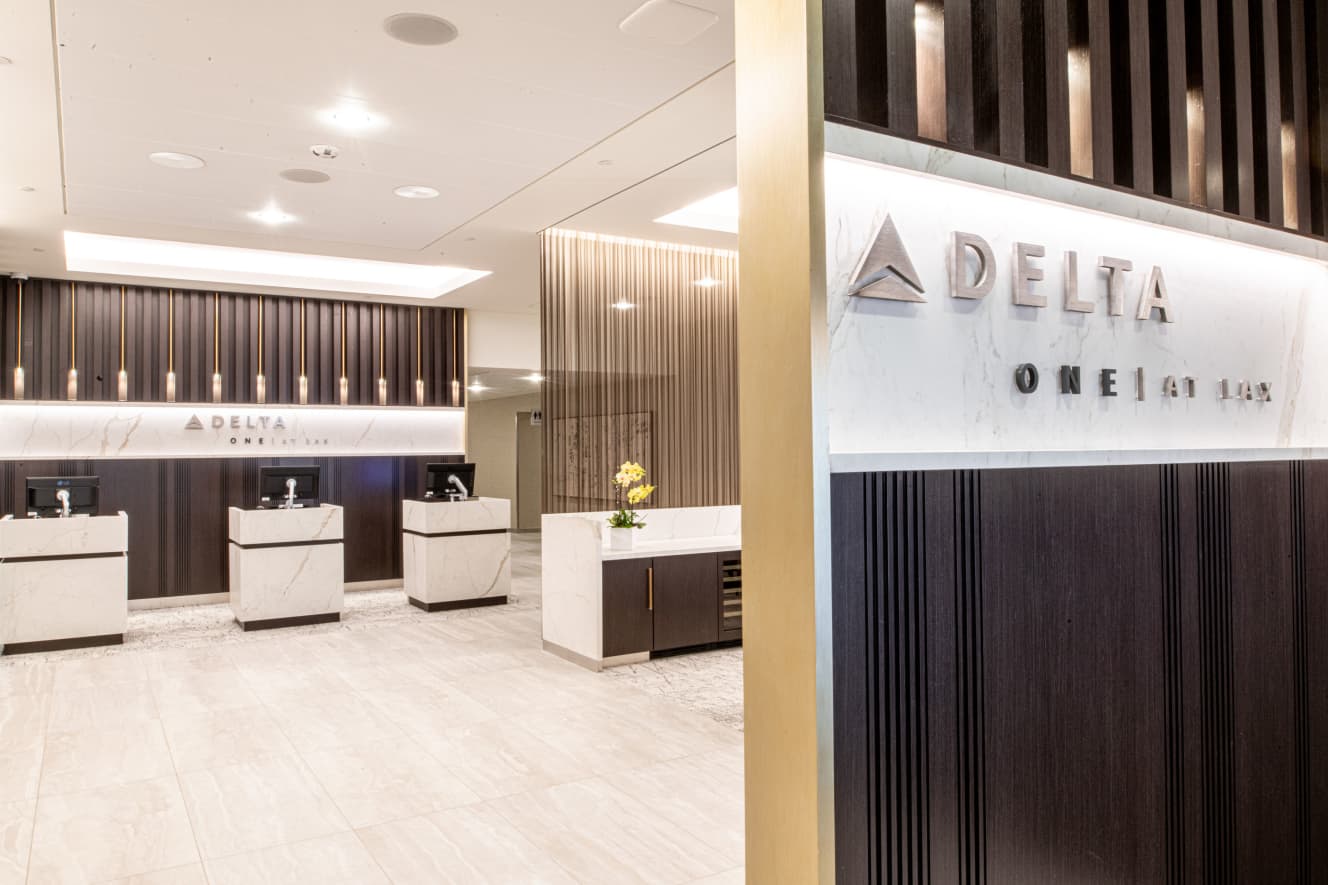
If Delta Air Lines were to adopt a “value-based” system like Delta Air Lines, there is a strong possibility that the current “SFC training” of ANA and “JGC training” of JAL would go down in history. ANA and JAL are very rare in the world in that once a member reaches the rank of Platinum (ANA) or Sapphire (JAL), he/she only needs to pay a minimum annual card fee of just over 10,000 yen to maintain the status as a senior member with preferential treatment, such as access to airline lounges at airports.
It is not easy for land-based flyers, whose mileage accumulation slows down, or even occasional travelers, to continue paying nearly 2 million yen for airline tickets and other expenses every year.
Traditionally, there have been many people who “train” for one year to obtain SFC or JGC status, and then fly only occasionally thereafter. The two Japanese airlines’ systems are not internationally viable, but it is only natural for the airlines to shift their preferential treatment to paying customers who have flown more frequently than before.
The number of miles required for award tickets has also been “significantly increased” by each airline…
As an example of the deterioration of other airlines, British Airways has in recent years successively increased the number of miles (Avios) required to redeem award tickets in its frequent flyer program “Executive Club”. On JAL domestic routes where miles can traditionally be booked, distances of 650 miles or less, such as Haneda-Itami, Shin-Chitose, and Fukuoka, have been raised in stages from 4,500 miles in 2019, finally requiring 10,500 miles.
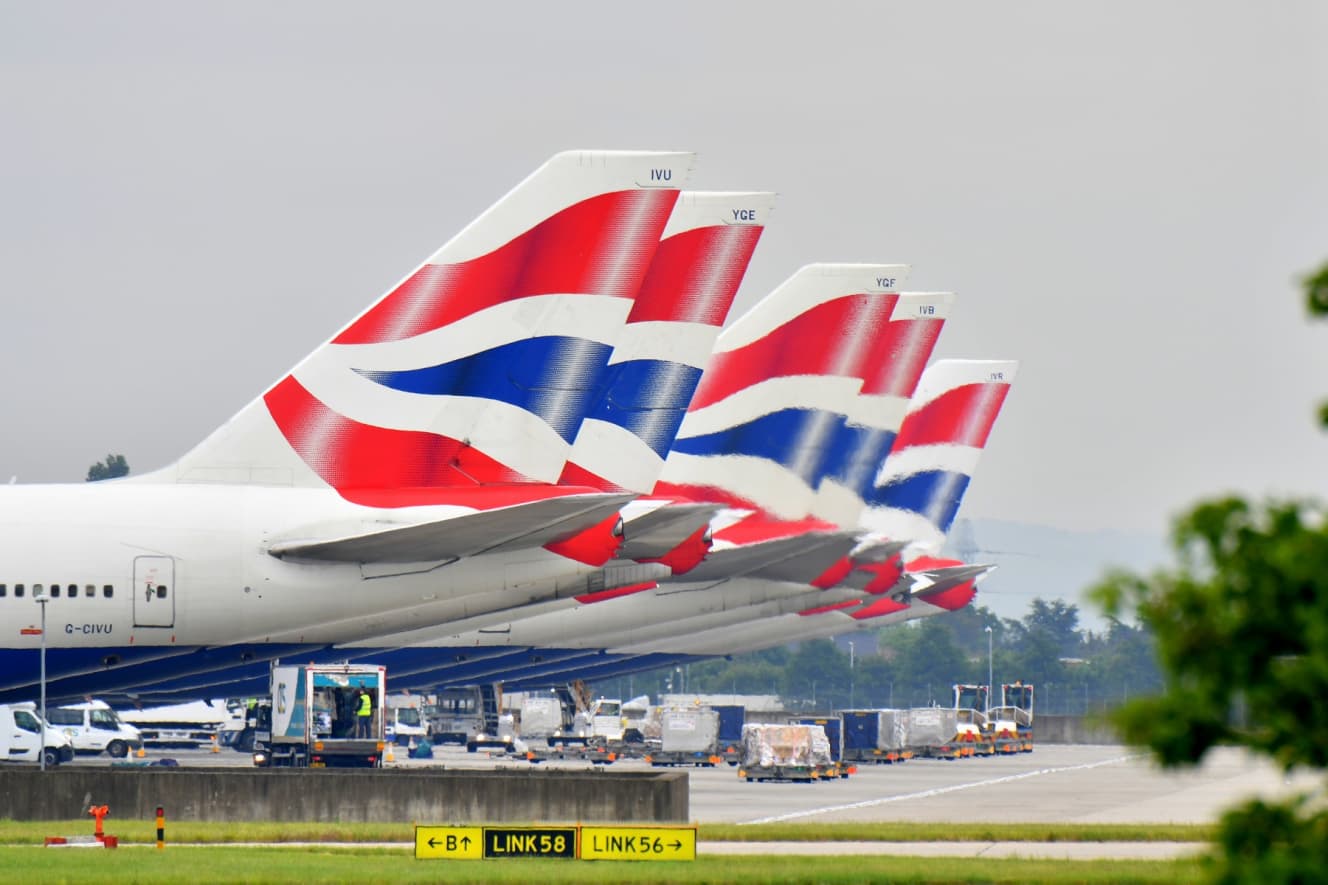
However, JAL also increased the number of miles required for domestic award tickets after the end of October 2021, and in April of this year, the number of miles required became “JAL Domestic Award Ticket PLUS”, which changes according to the availability of award slots and does not allow any changes in reservations. The mileage accumulation for domestic flight segments included in international flight tickets was also reduced, and other minor rule changes that are not major but not pleasing to frequent flyers continue.
On the other hand, ANA has begun to make efforts that are not limited to air travel, such as “Life Solution Service,” which grants senior member status even if the member has used ANA’s hometown tax payment, insurance, airport stores, and other services other than air travel.
The expiration date is 3 years… after Corona, “I can’t get a seat with my miles!” I hear the screams of “I can’t get a seat with my miles!
Miles from the two Japanese airlines have a three-year expiration date from the month they are earned. There are numerous options for using miles, including award tickets, points that can be used for daily purchases, exchange for major electronic money, and exchange for goods. In reality, however, the most economical way is to redeem for award tickets.
Especially recently, post-Corona tickets have remained high on international flights due to the addition of fuel surcharges, which are at an all-time high for international flights. Many people think the same thing when it comes time to use the miles they accumulated when they were unable to travel during Corona. Especially during busy periods such as the year-end and New Year holidays, it is common to hear that “award slots for business class and other advanced classes fill up quickly and cannot be booked.
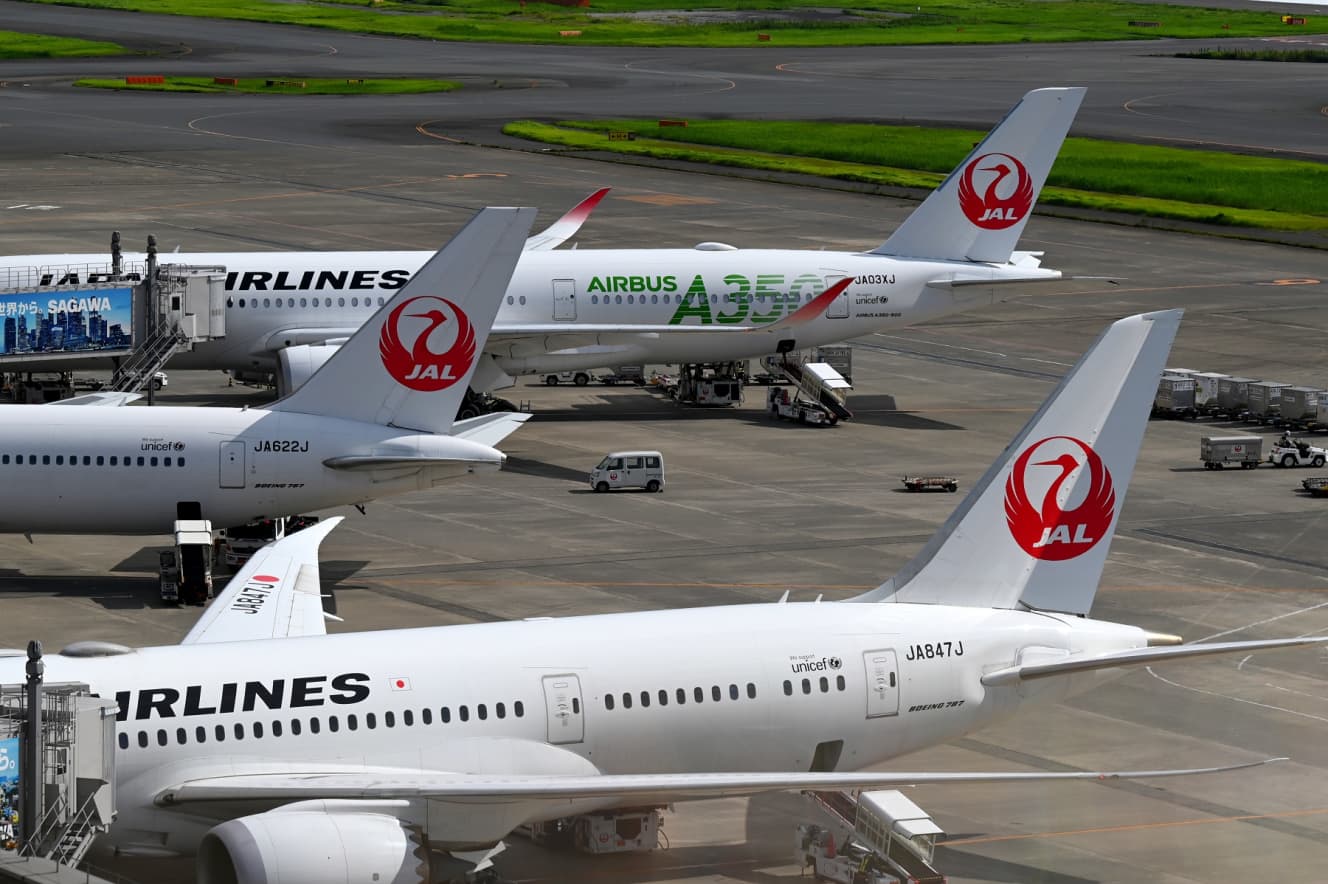
JAL has a variable system in which the number of miles required increases as the number of reservations increases for award slots. If you see the minimum number of miles required and then see a large increase in the number of miles, you may be discouraged from using your miles. However, the expiration date of accumulated miles is now the same as usual, although the COVID-19 crisis has been extended, and they will expire if not used.
Earn airline miles and enjoy traveling with them. They also fly more than they should in order to become a senior member. This is the mileage system that has attracted many air travelers. Although Japanese Airlines has been “scalped” several times in the past, no major changes have been made to the system. However, if Delta’s move spreads to the rest of the world, the mileage system in Japan, which is in a sense “Galapagosized,” may not be unaffected in the slightest. The “Miler” and “Shugyo” boom may be coming to a crossroads.




Interview, text, and photos: Aki Shikama / Aki Shikama